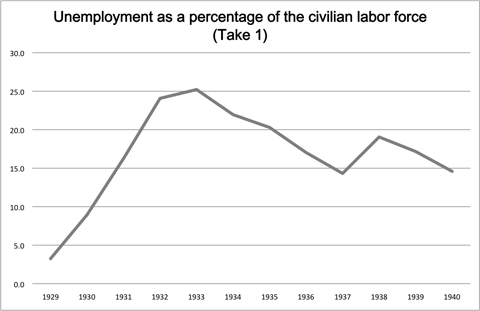PubliusInfinitum
Rookie
- Aug 18, 2008
- 6,805
- 729
- 0
- Banned
- #81
Capitalism fails when the entire Financial Industry collapses and causes just about every other industry to either collapse as well or take massive losses.
So... Capitalism is defined by the 'financial industry?' Well that's news...
Yesterday I exchanged value for value with several other people... yet the financial industry is in the toilet...
The day before that I exchanged value for value with several other people and the financial industry was in the toilet... I witnessed hundreds, if not thousands of other people exchanging value for value and the financial industry was in the toilet...
Tomorrow I will go out and trade value for value with other people and the news media will report of yet more turmoil in the financial industry... and capitalism will continue to succeed day in and day out until the last human being makes the last trade of value for value with another human being; and this will be without regard for whatever industry falls under the calamity of some derelect leftist policy that is trotted out in an effort to manipulate the laws of nature towards the pursuit of corrupt power by those who simply lack the common sense that God gave a turnip... OKA: Leftism.
So no sis... A failed market does not a failure of Capitalism make... A failed market is just that... "A" failure, which lies att the feet of the corrupt, who made promises they couldn't HOPE to keep, because they made those promises oon the bet that they could control that which they could never hope to control...
What failed is what will always fail... Leftist policy; and no amount of HOPE will THAT ever CHANGE.
